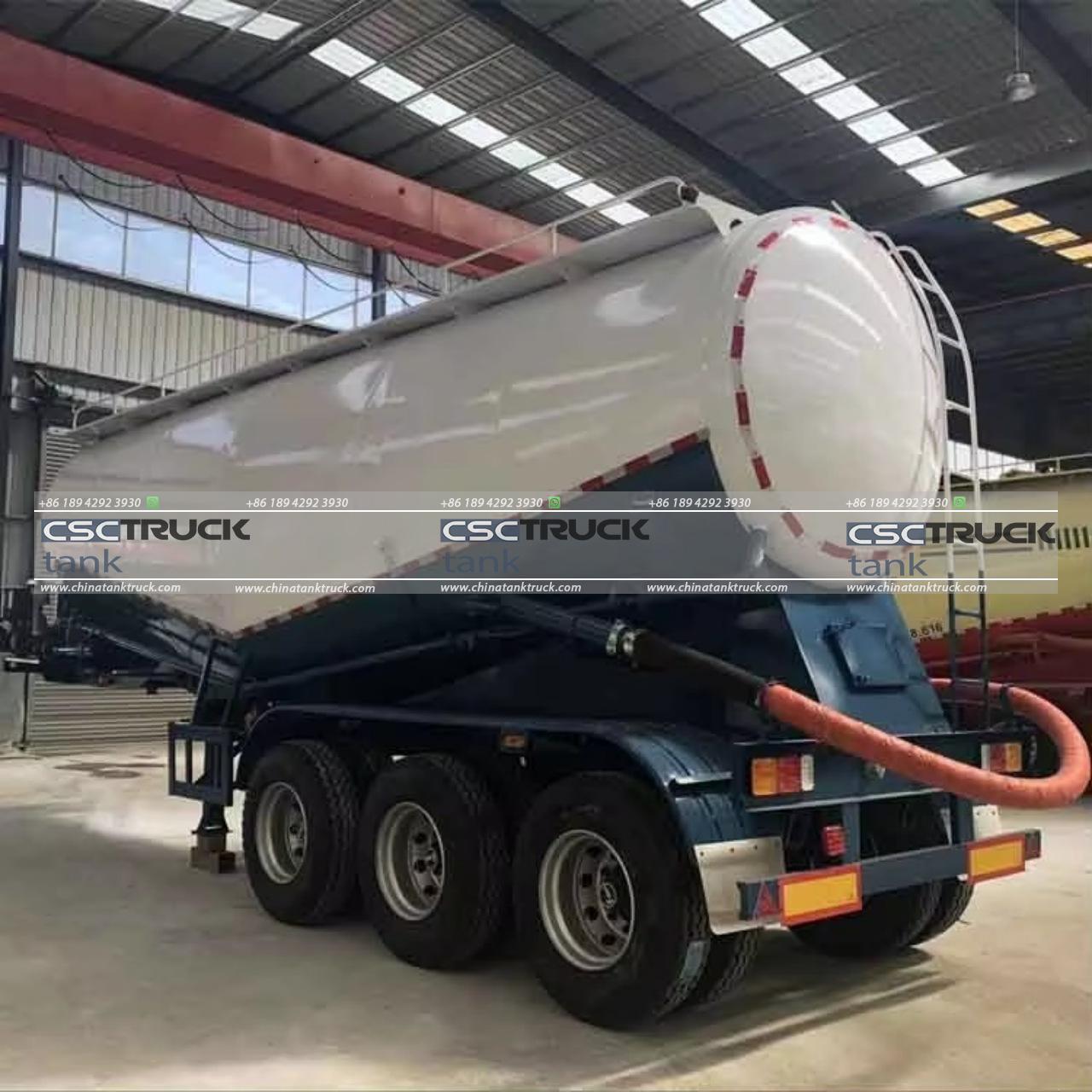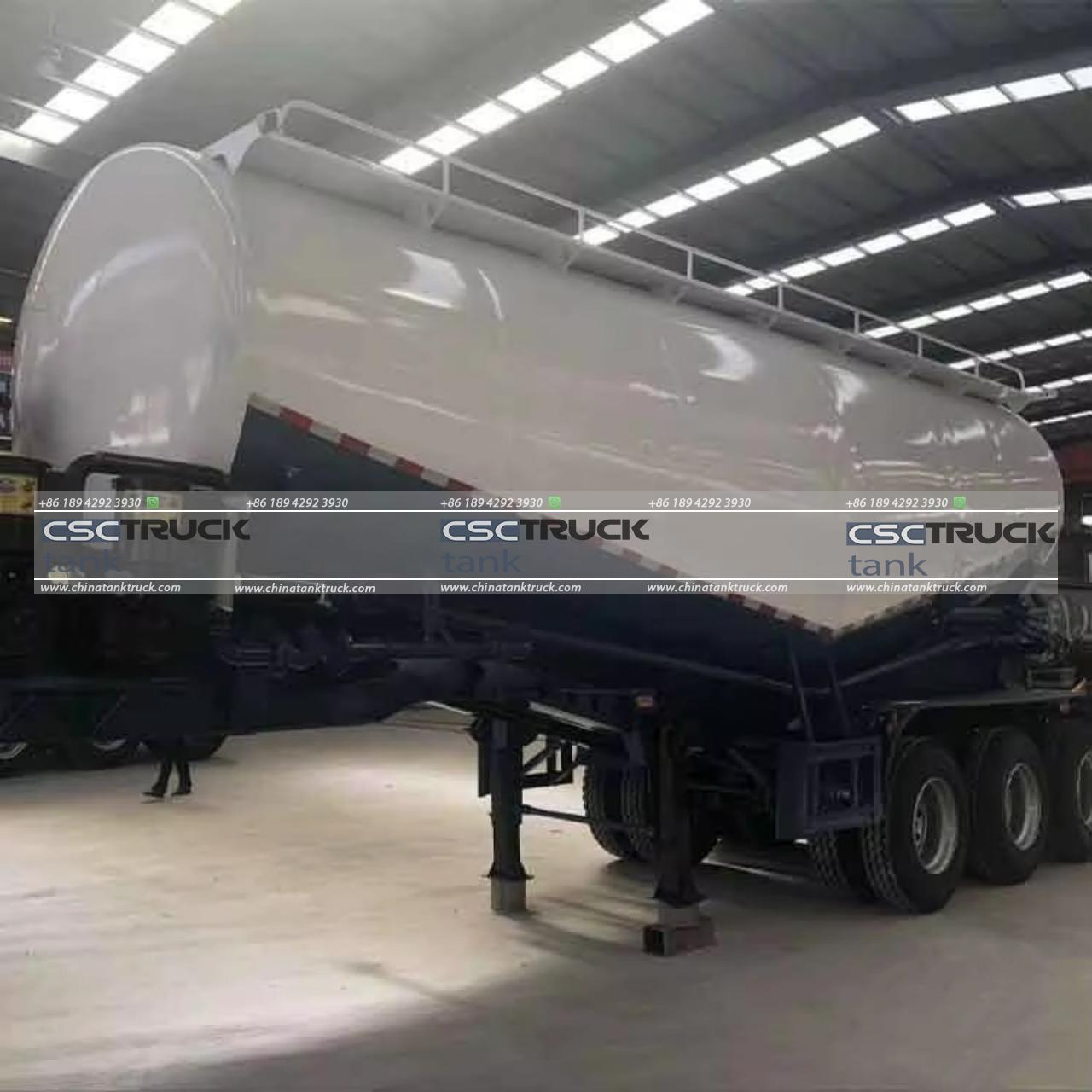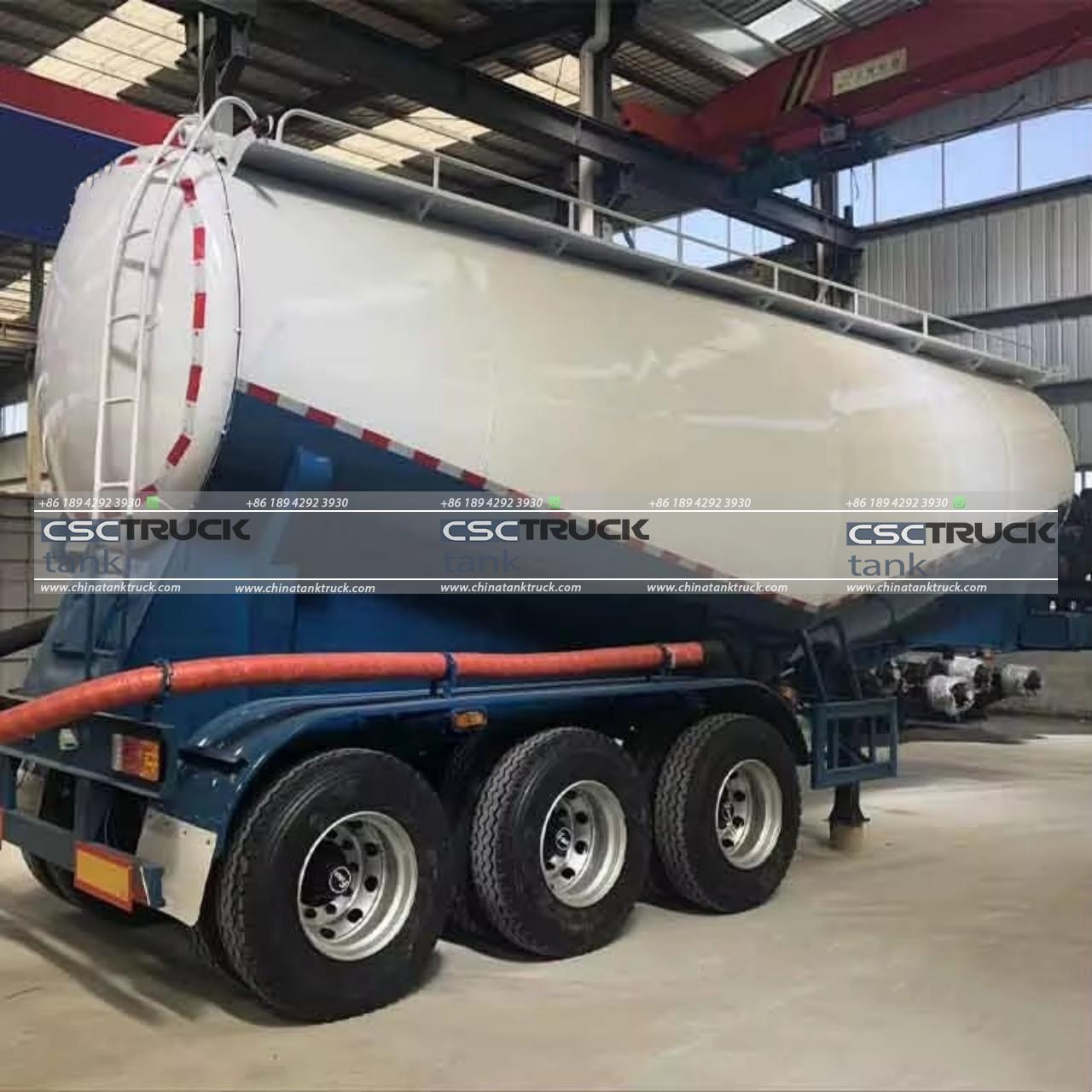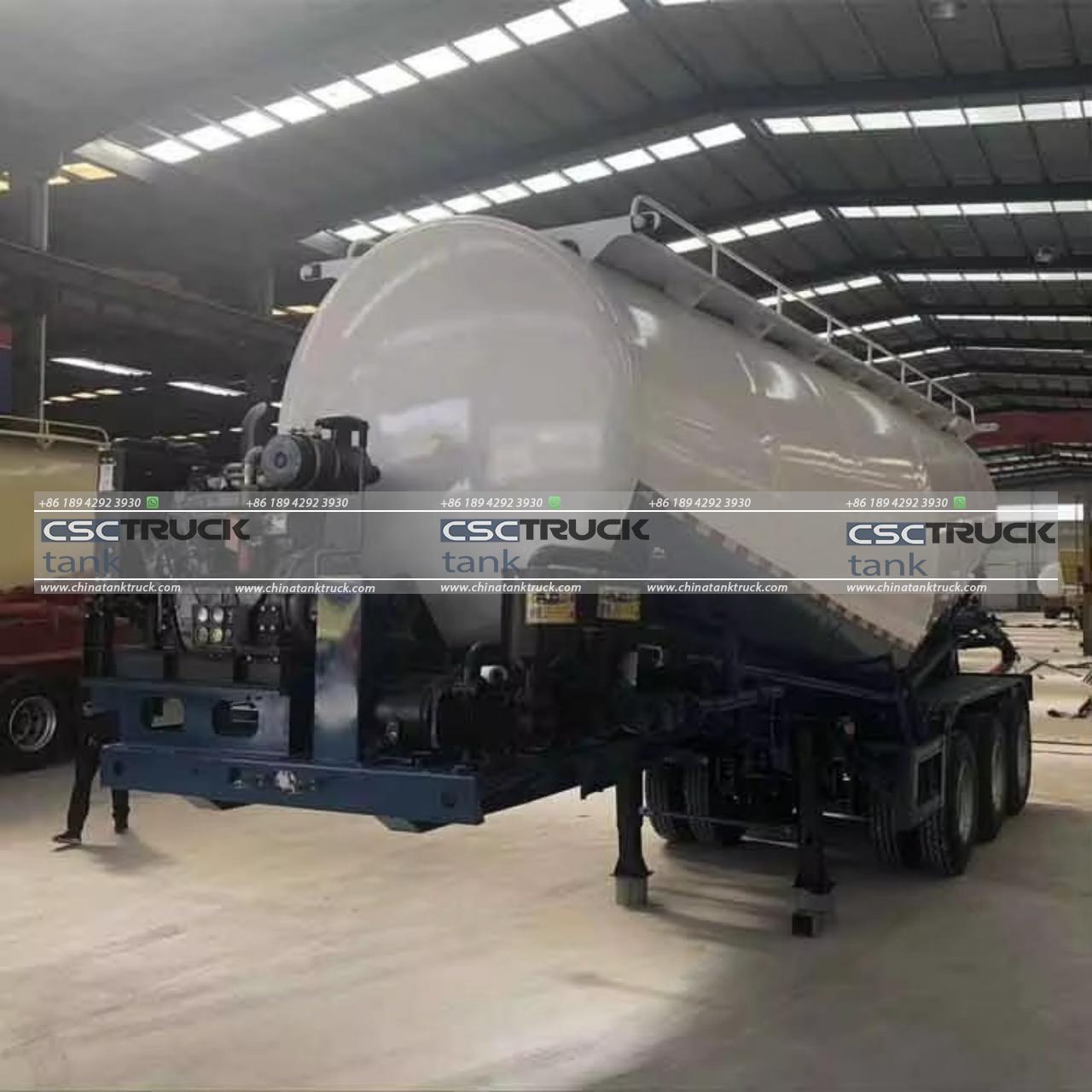What is a Tank Trailer Used For?
Tank trailers are an essential component of modern transportation and logistics, specifically designed to transport liquids, gases, and other bulk materials over long distances. Their unique design and construction make them indispensable for a variety of industries, including petroleum, chemicals, food and beverage, agriculture, and more. This article explores the primary uses of tank trailers, their different types, and the critical role they play in various sectors.

Types of Tank Trailers
Tank trailers come in various configurations, each tailored to specific types of cargo. The main types include:
1. Petroleum Tank Trailers
These are among the most common types of tank trailers, used primarily for transporting gasoline, diesel, and other petroleum products. They are built with multiple compartments to carry different types of fuel simultaneously and are designed to meet stringent safety standards to prevent leaks and explosions.
2. Chemical Tank Trailers
Chemical tank trailers are specially lined and constructed to handle corrosive and hazardous materials. They are often made of stainless steel or other materials resistant to the chemicals they transport. These trailers come equipped with safety features like pressure relief valves and spill containment systems to ensure safe transportation.
3. Food-Grade Tank Trailers
Designed for transporting food and beverages, these trailers are made from materials that meet food safety standards, such as stainless steel. They are used to transport items like milk, juice, wine, and edible oils. Food-grade tank trailers must adhere to strict cleanliness protocols to prevent contamination.
4. Bulk Powder Tank Trailers
These are used for transporting dry bulk materials, such as cement, flour, and plastic pellets. They are equipped with pneumatic systems to unload the cargo efficiently. Bulk powder tank trailers are designed to keep the contents dry and free-flowing.
5. Cryogenic Tank Trailers
Cryogenic tank trailers are used to transport liquefied gases at extremely low temperatures, such as liquid nitrogen, oxygen, and argon. They are heavily insulated to maintain the low temperatures required to keep these gases in a liquid state during transport.
6. Vacuum Tank Trailers
These trailers are used to transport liquid waste, sludge, and other materials that need to be pumped out of a location. They are commonly used in the environmental and sanitation industries for tasks such as sewage transport and industrial cleanup.

Primary Uses of Tank Trailers
1. Fuel Transportation
One of the most critical uses of tank trailers is the transportation of fuel. Petroleum tank trailers ensure a steady supply of gasoline, diesel, and other fuels to gas stations, airports, and industrial facilities. This transportation is vital for maintaining the operations of various industries and supporting everyday transportation needs.
2. Chemical Transport
Chemical tank trailers play a crucial role in the chemical industry by transporting raw materials and finished products. They enable the movement of chemicals required for manufacturing processes, agricultural applications, and other industrial uses. The safe and efficient transport of these hazardous materials is essential for preventing environmental contamination and ensuring public safety.
3. Food and Beverage Distribution
Food-grade tank trailers are essential for the food and beverage industry. They transport bulk quantities of liquids, such as milk from dairy farms to processing plants, juice from factories to bottling plants, and wine from vineyards to distributors. These trailers help maintain the freshness and quality of perishable products during transit.
4. Agricultural Transport
Tank trailers are used in agriculture to transport liquid fertilizers, pesticides, and water. They support farming operations by ensuring the timely delivery of these essential inputs, which helps improve crop yields and overall farm productivity. Additionally, bulk powder tank trailers transport animal feed and other dry agricultural products.
5. Industrial Material Transport
Industries rely on tank trailers to move a variety of bulk materials. For instance, cement and other construction materials are transported using bulk powder tank trailers. This facilitates large-scale construction projects and infrastructure development by ensuring a steady supply of necessary materials.
6. Environmental Services
Vacuum tank trailers are indispensable for environmental and waste management services. They are used for tasks such as septic tank cleaning, industrial waste removal, and emergency spill response. These trailers help maintain sanitation and environmental standards by safely transporting waste to treatment facilities.
7. Cryogenic Applications
Cryogenic tank trailers transport liquefied gases used in medical, industrial, and scientific applications. For example, liquid oxygen is transported to hospitals for use in respiratory treatments, and liquid nitrogen is used in various industrial processes. These trailers ensure the safe and efficient delivery of cryogenic materials, which are critical for many specialized applications.

Advantages of Using Tank Trailers
Tank trailers offer several advantages that make them the preferred choice for transporting liquids and bulk materials:
1. Efficiency
Tank trailers are designed for efficient loading, transportation, and unloading of materials. Features like multiple compartments, insulated tanks, and pneumatic systems ensure that cargo can be quickly and safely moved.
2. Safety
Safety is a paramount concern in the design of tank trailers. They are built to prevent leaks, spills, and accidents. Safety features such as pressure relief valves, spill containment systems, and robust construction materials help protect both the cargo and the environment.
3. Versatility
Tank trailers are versatile and can be customized to handle a wide range of materials. This flexibility makes them suitable for various industries, from fuel and chemicals to food and agriculture.
4. Cost-Effectiveness
Transporting bulk materials in tank trailers is often more cost-effective than other methods. The ability to carry large quantities in a single trip reduces transportation costs and improves overall efficiency.
5. Regulatory Compliance
Tank trailers are designed to comply with stringent industry regulations and standards. This ensures that the transportation of hazardous materials, food products, and other sensitive cargo is conducted safely and legally.

Conclusion
Tank trailers are a vital component of the transportation and logistics industry, providing a safe, efficient, and versatile means of transporting liquids, gases, and bulk materials. Their diverse applications span numerous industries, including petroleum, chemicals, food and beverage, agriculture, and environmental services. By understanding the different types of tank trailers and their uses, we can appreciate the critical role they play in supporting modern economies and maintaining the flow of essential goods and materials.

